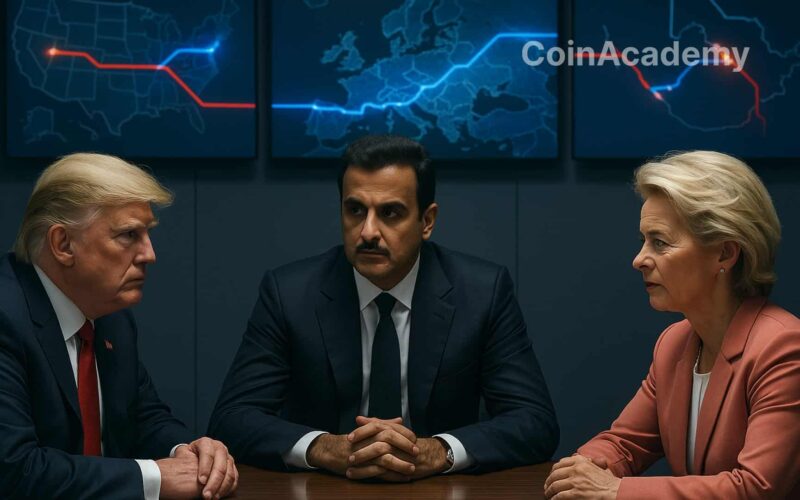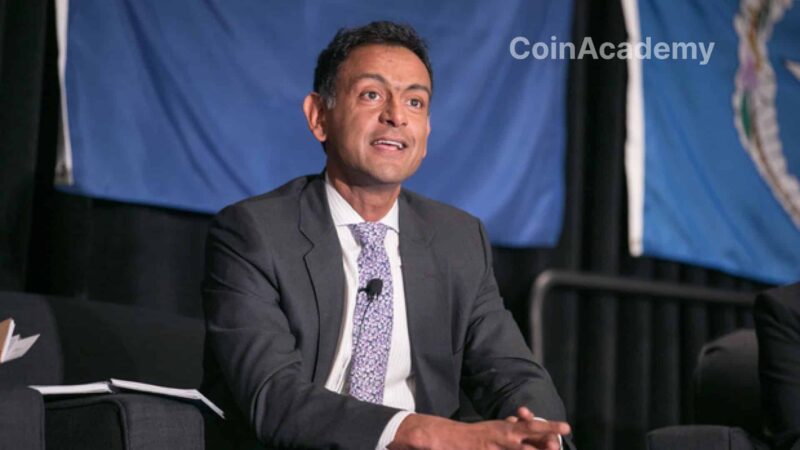Washington and Doha have raised their voices. The energy giants warn Brussels: if the European Union does not revise its directive on corporate sustainability, the continent’s energy security could falter. At the heart of the debate: the Corporate Sustainability Due Diligence Directive (CSDDD), a text that requires large companies, including foreign ones, to prove that their supply chains respect human rights and the environment.
The United States and Qatar brandish the energy threat against Europe
The United States and Qatar are now flexing their muscles. The two energy giants are warning Brussels: if the European Union does not rethink its directive on corporate sustainability, the continent’s energy security could be at risk. At the center of the discussion is the Corporate Sustainability Due Diligence Directive (CSDDD), a regulation that requires large corporations, both domestic and foreign, to demonstrate their commitment to human rights and environmental protection within their supply chains.
Gas, a new lever of pressure
Europe has never been as dependent on American and Qatari gas. Since the war in Ukraine, U.S. LNG represents about 16% of European imports, with Qatar’s contribution at almost 14%. Together, they have helped the Old Continent reduce its reliance (almost) entirely on Russian gas. But this energy partnership now stands on a fault line: the CSDDD.
According to the American and Qatari Energy Ministers, the directive “threatens the growth, competitiveness, and resilience” of the European market. Worse still, it could impede their exports of liquefied natural gas, crucial to avoid a new energy crisis.
This comes at a critical time when our countries and companies are not only striving to maintain but also significantly increase the reliable supply of LNG to the EU.
A law with far-reaching effects
The directive, set to gradually come into force starting in 2027, includes fines of up to 5% of global revenue for offending companies. Importantly, it also applies to foreign firms generating more than 450 million euros in revenue within the EU, a provision that Washington deems “extraterritorial“.
In practice, an American or Qatari oil major could be penalized for environmental practices deemed non-compliant, even outside European territory. For Doha and Washington, this sets a dangerous precedent.
A diplomatic standoff
The two countries now urge Brussels to open urgent discussions. Without flexibility, they warn, investments, employment, and even commercial contracts could be at risk. Behind the scenes, some observers are already mentioning the possibility of commercial retaliation, even targeted customs duties on European products.
The warning comes as several European leaders, including Emmanuel Macron and German Chancellor Friedrich Merz, have called for a slowdown in the implementation of the CSDDD, fearing a negative impact on local businesses.
Between green transition and realpolitik
Europe finds itself caught between two imperatives: maintaining its leadership in combating climate change while ensuring stable energy supply. After pledging to eliminate the 19% of gas still imported from Russia by 2027, the Old Continent cannot afford a new supply shock.
This tension reveals a deep paradox: by seeking to moralize production chains, Europe risks undermining its own energy autonomy. In a world where gas still reigns supreme, major producing powers know how to exploit European dependence to make their voices heard.




